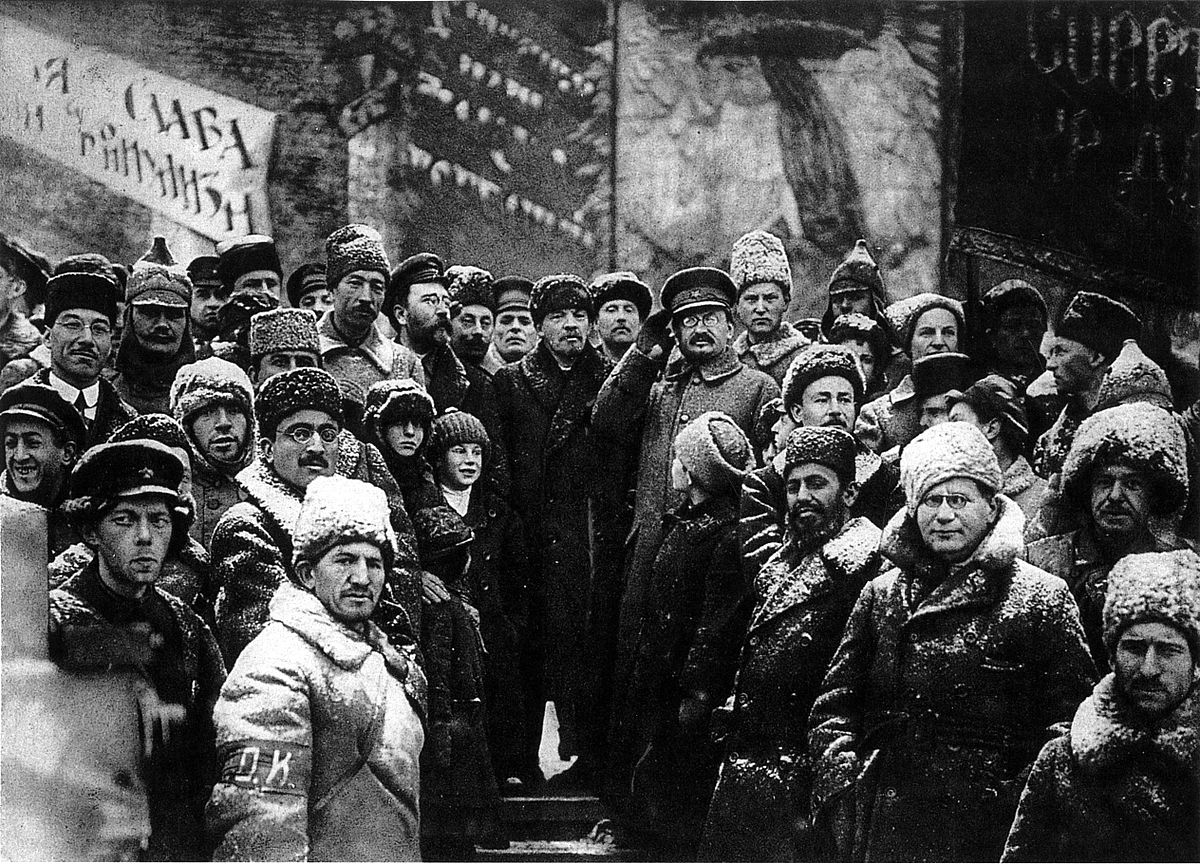Preface to My Round Trip
Introduction
Trotsky was never personal. The emotional side of life seldom appears in his writings. His is the realm of social activities, social and political struggles. His writings breathe logic, not sentiment, facts, not poetry. The following preface to his Round Trip is, perhaps, the only exception. It speaks of the man Trotsky and his beliefs. Note his confession of faith: “History is a tremendous mechanism serving our ideals.” - M. J. OLGIN
At the Stockholm Convention of the Social-Democratic Party, some curious statistical data was circulated, showing the conditions under which the party of the proletariat was working:
The Convention as a whole, in the person of its 140 members, had spent in prison one hundred and thirty-eight years and three and a half months.
The Convention had been in exile one hundred and forty-eight years and six and a half months.
Escaped from prison: Once, eighteen members of the Convention; twice, four members.
Escaped from exile: Once, twenty-three; twice, five; three times, one member.
The length of time the Convention as a whole had been active in Social-Democratic work, was 942 years. It follows that the time spent in prison and exile is about one-third of the time a Social-Democrat is active. But these figures are too optimistic. “The Convention has been active in Social-Democratic work for 942 years.” This means merely that the activities of those persons had been spread over so many years. Their actual period of work must have been much shorter. Possibly all these persons had worked, actually and directly, only one-sixth or one-tenth of the above time. Such are conditions of underground activity. On the other hand, the time spent in prison and exile is real time: the Convention had spent over fifty thousand days and nights behind iron bars, and more than that in barbarous corners of the country.
Perhaps I may give, in addition to these figures, some facts about myself. The author of these lines was arrested for the first time in January 1898, after working for ten months in the workmen’s circles of Nikolayev. He spent two and a half years in prison, and escaped from Siberia after living there two years of his four years exile. He was arrested the second time on December 3rd, 1905, as a member of the Petersburg Council of Workmen’s Deputies. The Council had existed for fifty days. The arrested members of the Soviet each spent 400 days in prison, then they were sent to Obdorsk “forever.” ... Each Russian Social-Democrat who has worked in his Party for ten years could give similar statistics about himself.
The political helter-skelter which exists in Russia since October 17th and which the Gotha Almanach has characterized with unconscious humor as “A Constitutional Monarchy under an absolute Tzar” has changed nothing in our situation. This political order cannot reconcile itself with us, not even temporarily, as it is organically incapable of admitting any free activity of the masses. The simpletons and hypocrites who urge us to “keep within legal limits” remind one of Marie Antoinette who recommended the starving peasants to eat cake! One would think we suffer from an organic aversion for cake, a kind of incurable disease! One would think our lungs infected with an irresistible desire to breathe the atmosphere of the solitary dungeons in the Fortress of Peter and Paul! One would think we have no other use for those endless hours pulled out of our lives by the jailers.
We love our underground just as little as a drowning person loves the bottom of the sea. Yet, we have as little choice, as, let us say directly, the absolutist order. Being fully aware of this we can afford to be optimists even at a time when the underground tightens its grip around our necks with unrelenting grimness. It will not choke us, we know it! We shall survive! When the bones of all the great deeds which are being performed now by the princes of the earth, their servants and the servants of their servants will have turned to dust, when nobody will know the graves of many present parties with all their exploits the Cause we are serving will rule the world, and our Party, now choking underground, will dissolve itself into humanity, for the first time its own master.
History is a tremendous mechanism serving our ideals. Its work is slow, barbarously slow, implacably cruel, yet the work goes on. We believe in it. Only at moments, when this voracious monster drinks the living blood of our hearts to serve it as food, we wish to shout with all our might:
What thou dost, do quickly!
Paris, April 8, 1907

